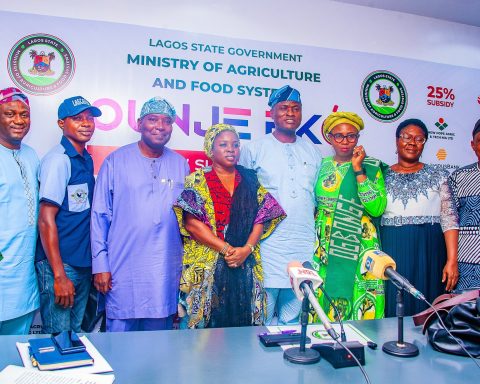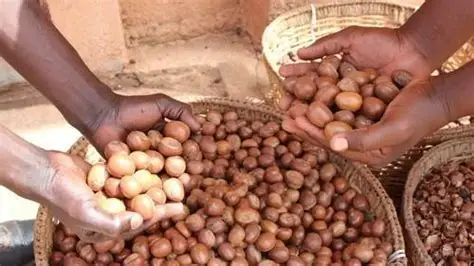The world produces more than enough food to feed everyone, yet 673 million people went hungry in 2024, according to the United Nations roughly 8.2% of the global population. The figure is slightly lower than in 2023 but remains well above pre-2015 levels, when the UN’s Sustainable Development Goals were launched with the target of ending hunger by 2030 underscoring how far the world still is from that goal.
The UN’s Food and Agriculture Organization (FAO) says hunger persists because one or more of the four pillars of food security – availability, access, utilization, and stability is failing.
Join our WhatsApp ChannelFour Pillars, One Problem
Availability means enough food is physically present, whether from domestic production, imports, or reserves. Access is the ability to afford and reach it. Utilization is about its nutritional value, safety, and the health needed to absorb nutrients. Stability is the ability to maintain supply and access over time, free from disruption by conflict, economic shocks, or climate disasters.
“Food security is not just about growing more food,” FAO experts said in the 2025 State of Food Security and Nutrition in the World report. “It’s about making sure it’s accessible, nutritious, and consistently available.”
READ ALSO: Millions Risk Losing Food Aid As WFP Faces Funding Crisis In South Sudan
NAFDAC Declares Genetically Modified Foods Safe, Mandates Clear Labelling For All GM Products
Hunger by the Numbers
Global agencies estimate that 2.3 billion people experienced moderate or severe food insecurity in 2024, struggling to get enough safe and nutritious food. In the same year, 295 million people across 53 countries faced acute hunger up nearly 14 million from 2023. The number in “catastrophic” conditions more than doubled, driven by conflict, economic instability, and climate shocks.
Africa and Western Asia remain the worst hit. About 307 million Africans one in five are undernourished. In Nigeria, nearly 31 million people face acute food insecurity in mid-2025.
A Fragile Decline
While hunger rates dipped slightly, aid agencies warn the gains could vanish quickly. The World Food Programme reported a $6 billion funding shortfall in 2024, forcing cuts in food aid to some of the most food-insecure countries, including famine-hit Zamzam camp in Sudan.
What Each Pillar Needs to Work
Availability: Climate-resilient crops, investment in local production, and adequate storage to reduce waste.
Access: Affordable pricing, improved transport networks, and targeted subsidies for vulnerable households.
Utilization: Nutrition education, clean water, food safety standards, and health services to ensure proper nutrient absorption.
Stability: Peacebuilding, disaster preparedness, and diversified supply chains to withstand shocks.
The Road Ahead
Experts say the only way to end hunger is to strengthen all four pillars at once from climate-resilient farming and better infrastructure to healthcare, social safety nets, and peacebuilding. Conflict remains the biggest driver, with 70% of acute hunger cases occurring in war zones.
Without urgent, coordinated action, the UN warns that hunger could once again rise, even in food-surplus regions. In a world where abundance is possible, the continued existence of mass hunger is not just a development failure- it is a moral indictment of global priorities.
Amanze Chinonye is a Staff Correspondent at Prime Business Africa, a rising star in the literary world, weaving captivating stories that transport readers to the vibrant landscapes of Nigeria and the rest of Africa. With a unique voice that blends with the newspaper's tradition and style, Chinonye's writing is a masterful exploration of the human condition, delving into themes of identity, culture, and social justice. Through her words, Chinonye paints vivid portraits of everyday African life, from the bustling markets of Nigeria's Lagos to the quiet villages of South Africa's countryside . With a keen eye for detail and a deep understanding of the complexities of Nigerian society, Chinonye's writing is both a testament to the country's rich cultural heritage and a powerful call to action for a brighter future. As a writer, Chinonye is a true storyteller, using her dexterity to educate, inspire, and uplift readers around the world.










